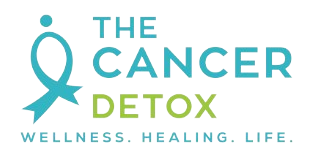We’ve all probably smoked a cigarette, or been exposed to cigarette smoke, during our lives, therefore, lung cancer prevention is important. And if the following stats don't scare you into putting down the cigarettes I don't know what will:
80% of lung cancer in men is due to cigarette smoking
50% of lung cancer in women is due to smoking
Watercress is a potent cancer-fighting vegetable in the cruciferous family. In a previous post we discussed why cancer patients, cancer survivors, and those that want to prevent cancer should be eating cruciferous vegetables every day. Well for those tobacco smokers here is a compelling reason to eat watercress every day for lung cancer prevention:
Watercress contains PEITC (phenethyl isothiocyonate) and PEITC protects the lungs from the harmful effects of environmental smoke
Does Watercress Inhibit Cancer-Causing Chemicals in Cigarette Smokers?
Recent studies suggest that yes, it is
Read More


